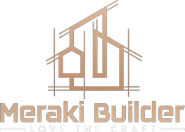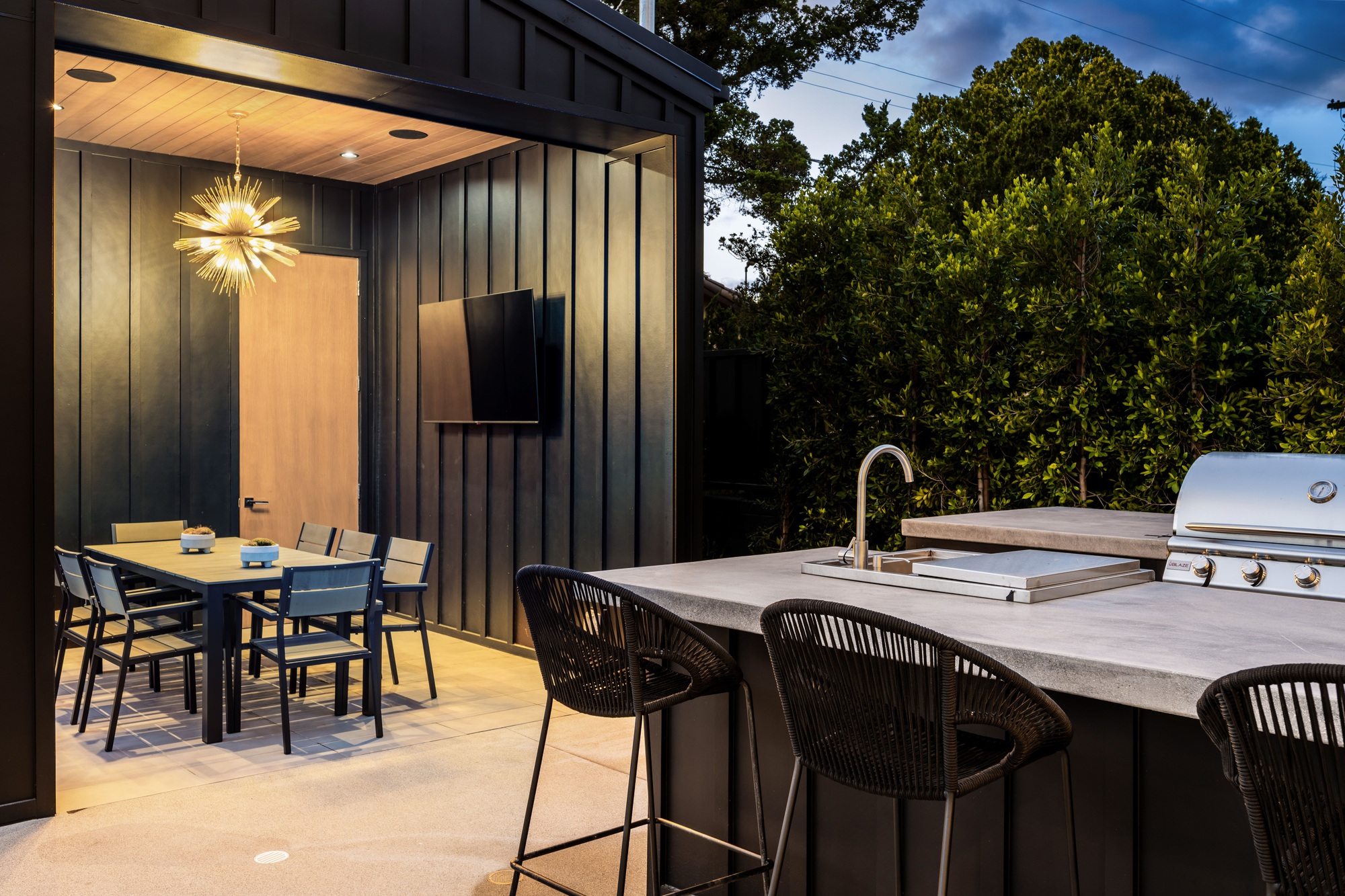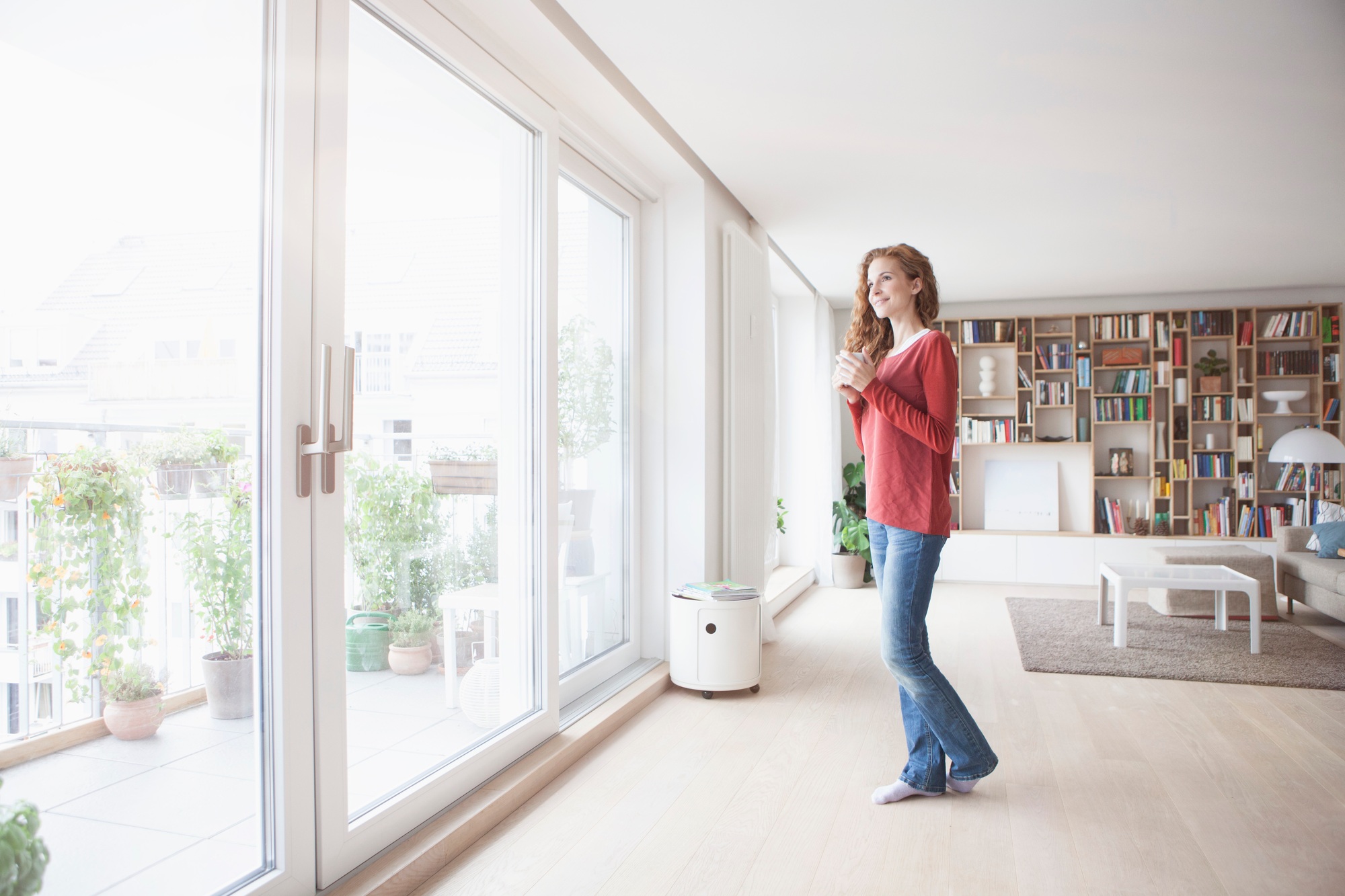In the current climate of environmental awareness, incorporating sustainable practices into home renovation projects is not just a trend—it’s a responsibility. Sustainable renovations aim to minimize environmental impact, improve energy efficiency, and create healthier living spaces. Here are practical ways homeowners can integrate sustainability into their next renovation project.
1. Choose Eco-Friendly Materials
Opt for sustainable building materials that have a lower environmental footprint. This includes using reclaimed wood, recycled glass or metal, bamboo, and non-toxic, renewable resources. These materials are not only eco-friendly but also add unique character and warmth to your home.
2. Enhance Energy Efficiency
One of the most impactful ways to make your renovation sustainable is by improving your home’s energy efficiency. Consider upgrading to energy-efficient appliances, installing double or triple-pane windows, adding extra insulation, and sealing leaks around doors and windows. These changes can significantly reduce your energy consumption and lower utility bills.
3. Install Low-Flow Fixtures
Water conservation is a crucial aspect of sustainable living. Low-flow toilets, showerheads, and faucets can drastically reduce water usage without compromising performance. These fixtures are cost-effective and easy to install, making them a smart choice for any renovation.
4. Embrace Natural Light
Maximizing natural light not only reduces the need for artificial lighting but also enhances the warmth and appeal of your space. Consider adding skylights, larger windows, or solar tubes during your renovation. Properly positioned, these elements can illuminate your home more effectively and efficiently.
5. Use Sustainable Insulation Options
Insulation is key to energy efficiency, but not all insulation materials are created equal. Look for sustainable insulation options like sheep’s wool, recycled cotton denim, or cellulose. These materials are effective insulators and are better for your health and the environment than traditional fiberglass insulation.
6. Invest in Solar Energy
If your renovation project involves upgrading your home’s energy system, consider investing in solar panels. Solar energy is clean, renewable, and can significantly reduce your dependence on fossil fuels. With advancements in solar technology and potential tax incentives, solar panels are more accessible than ever.
7. Choose Low-VOC Paints and Finishes
Volatile Organic Compounds (VOCs) found in many paints and finishes can have harmful health and environmental effects. Opting for low-VOC or VOC-free paints and finishes can improve indoor air quality and reduce exposure to toxic chemicals.
8. Implement Smart Home Technology
Smart home technologies like programmable thermostats, LED lighting, and energy monitors can help you manage and reduce your home’s energy consumption efficiently. These technologies offer convenience while supporting your sustainable living goals.
Incorporating sustainable practices into your home renovation is a worthwhile investment that benefits the environment, your health, and your wallet. As we move forward into 2024, let’s commit to making conscious choices that promote sustainability in our homes and communities. By taking these steps, you can ensure that your renovation project aligns with the principles of sustainability, creating a home that is not only beautiful but also kind to the planet.








